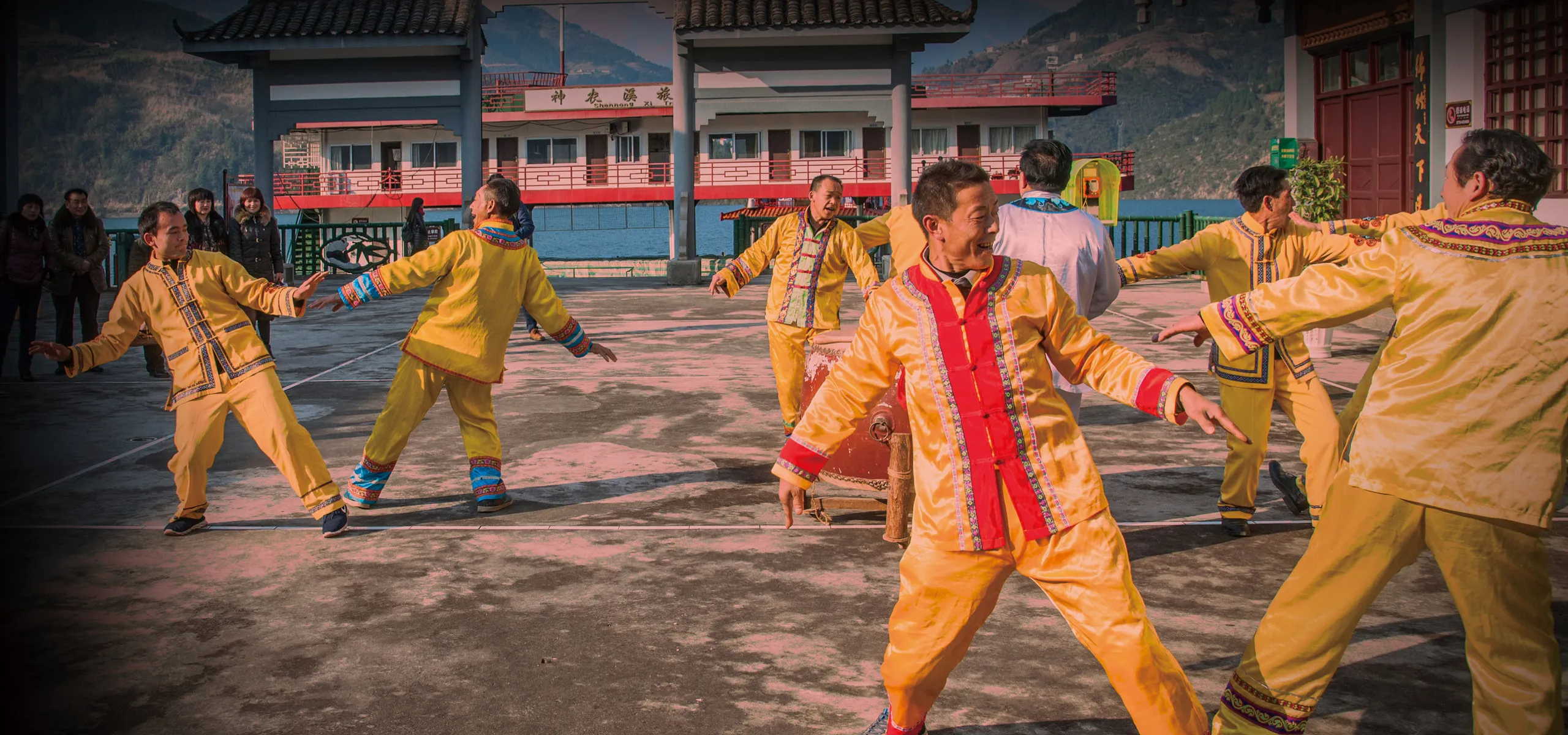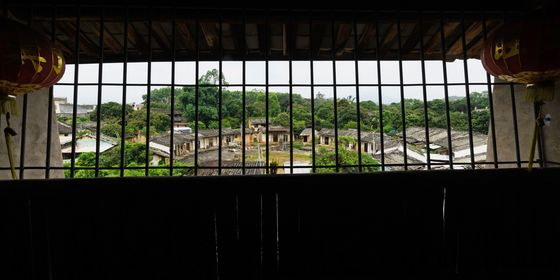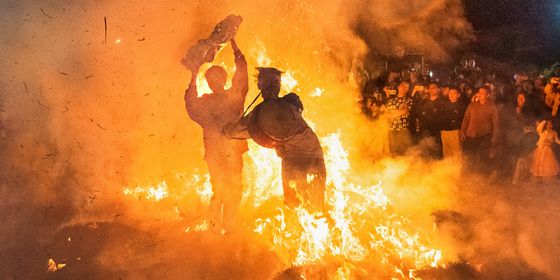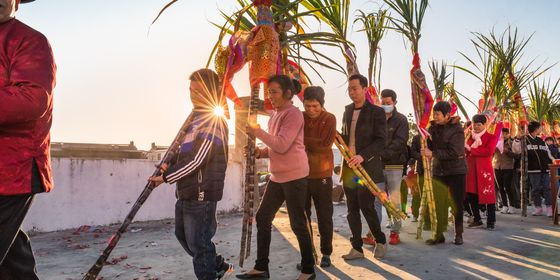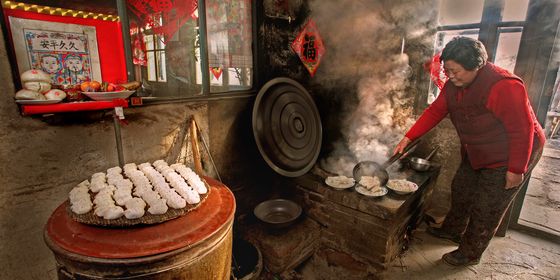A chance encounter with the Tujia ethnic group’s funeral practices in south-central China
They move like ghosts in the night. Techno music infused with cymbals, flutes, and singing in an unfamiliar minority dialect thumps into the highland jungle from a roadside PA system. Through the dusk I can see a procession of white-clad people moving about—the ghosts are waving at me to join in.
At first, the entire spectacle seems bizarre, like a party for spirits. A red truck is parked next to a small house where a stage has been assembled, complete with rotating stage lights, an LED screen, and an aluminum stage frame.
My face is wretched and dirty from a full day of riding a motorbike through the jungles of Chongqing in central China, under the merciless highland sun that causes temperatures upward of 40 degrees Celsius this time of year.
“Please stop and have a rest. We have food for you,” a young man with a white cloth tied around his head tells me. I can’t say no to this generous offer. “Later, they will dance for him,” the young man continues.
“Dance for who?” I ask. He points to the LED screen. “For my father.” The screen displays a standard passport-style headshot of a bald man on a red background, and the words “Eternal Affection Musical Memorial Gathering” written over it.
This is a ghost party, all right; just not the kind I had imagined. This is a raucous funeral for the dead.
Dancing for the Dead: Stumbling Across a Tujia Funeral is a story from our issue, “Upstaged.” To read the entire issue, become a subscriber and receive the full magazine.





